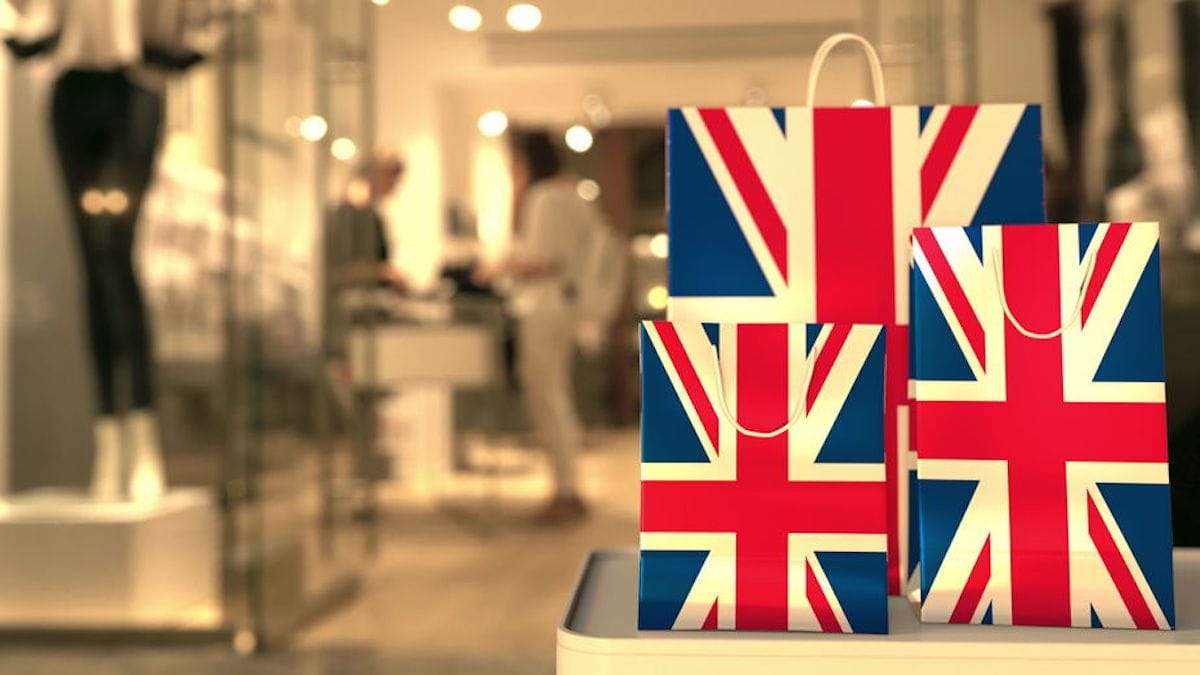Do UK politicians understand the retail sector at all?

The worlds of business and politics have a complicated relationship. While some people have a foot in both camps – and run the risk of a conflict of interests – it is perhaps more common to see a degree of tension between commerce and legislature.
It feels like an especially complicated time right now for retailers and their relationships with politicians. Retailers have both been critical of the government and forced to answer to MPs in Parliament during the same week – indeed during the same meetings.
The BBC: “Wilko: Lisa Wilkinson ‘devastated’ over the firm’s failure.”
On one hand a cross-party group of MPs on the Business and Trade Committee was grilling the chair of Wilko about the retailer’s collapse. Lisa Wilkinson, chair of the company and grandchild of the founder, was apologetic for the company’s failure and the subsequent job losses. But she also made it clear that political choices were partly behind Wilko’s demise.
A loan that might have helped the company to weather its problems suddenly ceased to be viable when the infamous Truss/Kwarteng mini budget was announced last year. This policial bombshell threw the UK economy into a tailspin that saw the interest rates demanded for the loan shoot upwards. It was another nail in the coffin for Wilko.
Meanwhile, the British Retail Consortium also has government policy in its sights. The BRC says that increased taxes and business rates brought in with the latest autumn statement from chancellor Jeremy Hunt – along with increased red tape as a result of Brexit – are set to prolong the cost of living crisis by fuelling further inflation.
The Guardian: “Sunak risks fuelling inflation with high taxes and Brexit red tape, retailers warn.”
The changes to business rates alone will add more than £400m to the tax bills paid by retailers.
“Combining these with the biggest rise to the ‘national living wage’ on record will likely stall or even reverse progress made thus far on bringing down inflation, particularly in food,” said BRC chief executive, Helen Dickinson.
Many retailers are increasingly fearful of the cost of post-Brexit import checks and labelling rules that will, after several delays, be imposed next year. As importers, most retailers were keen to remain in the EU to benefit from the convenience it allowed, but all of them will have to deal with the results of the (political) choice to leave.
Politicians in general, and governments in particular, have a lot of conflicting responsibilities. Making life easier for retailers is by no means their most pressing objective.
But the retail sector is one of the biggest employers in the country, and retailers make a significant and growing contribution to the revenue of the state. Retailers are at the front line of the battle against inflation and the struggle to get through the cost of living crisis.
Those retailers could be forgiven for thinking that, when they do fail, they are being held to account by a legislature that doesn’t understand the challenges they are facing, the job that they do, or the pressures they are under. Worse, the politicians are actually making things harder.
